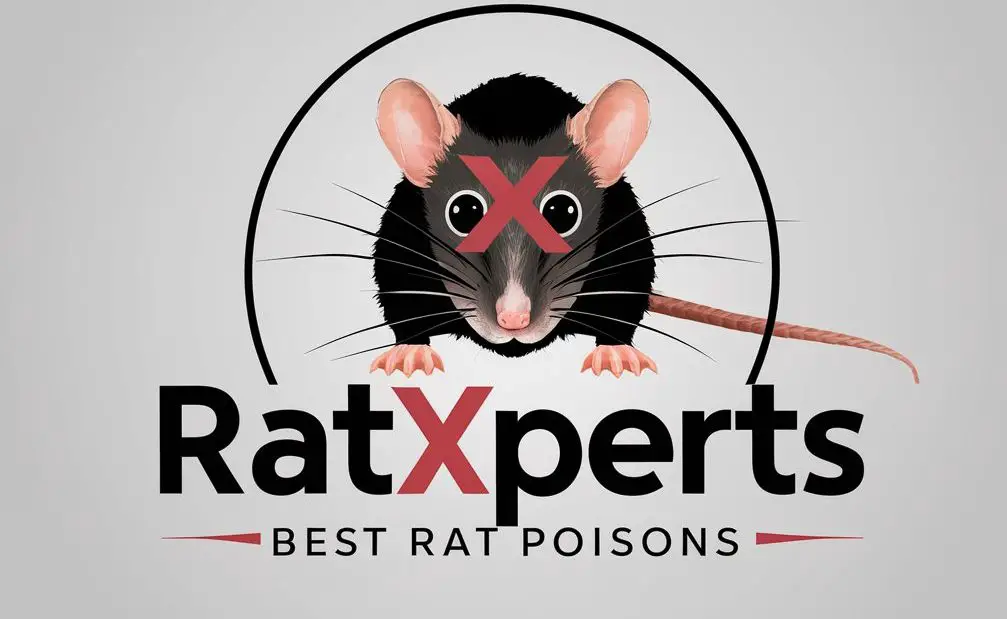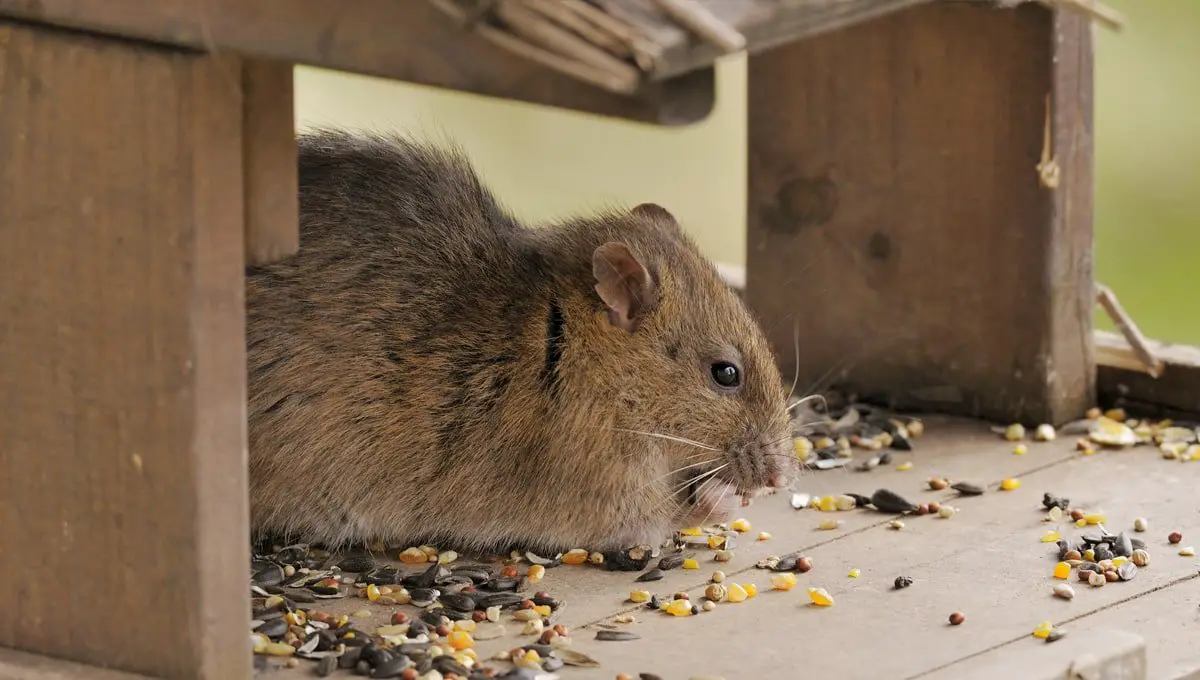Introduction:
Rat poison is a common way to kill rats. So how does rat poison work? And how long does it take for rat poison to work? In this article, we will answer these questions and more!
How Does Rat Poison Work?
Rat poison is a type of poison that is used to kill rats. It is a mixture of different chemicals that work together to kill the rats. Rat poison works by causing the rat to bleed internally, which eventually leads to death.
There are many different types of rat poison, but all of them work in basically the same way. Rat poison is usually a pellet or a block that is placed in an area where rats are known to live or travel. The rats eat the poison and it kills them. Rat poison works very quickly, and most rats will be dead within hours of ingesting it, but some rats can take longer to die.
Rats are crafty rodents that are often used to control vermin. Commercial companies make rat poisons to lure rats into eating them, and then cause them to slowly starve to death. Some rat poisons contain anticoagulant chemicals that prevent rats’ blood from clumping together, ultimately killing them from within. Rats may experience symptoms for days before dying. Poisoning is effective but requires careful placement. You must know the habits of your target species. Keep an eye on the pellets. Rodents are rats or mice. Rats and mice are both pests that feed off of food left out by people. Rodent problems are usually solved by cleaning up after yourself. You should use poisons when you see signs of rodent infestation.
Rats are rodents that eat plants and other animals. Their blood coagulates when exposed to anticoagulant poisons, causing internal bleeding. Symptoms of poisoning include trouble breathing, lethality, seizures, shaking, bleeding from the gills, and swelling of the abdomen. Rats that eat bromethalin suffer cell death in the central nervous system. Vomiting occurs 8-12 hours after ingestion.
All rat poisons are highly toxic to humans, but some are less toxic than others. Some are toxic to the touch, while others are more toxic to the touch. Some are toxic to ingest, while others are not. Some are toxic to cats, dogs, rabbits, birds, and other animals. Some are deadly to cats, dogs, and other animals.
A rat poison is typically made up of a combination of chemicals that are poisonous to rats. These poisons can include anticoagulants (chemicals that stop blood from clotting), rodenticides (chemicals that kill rodents), and attractants (chemicals that attract rats).
Rat poison typically contains an active ingredient that leads to the delivery mechanism being activated. It can be sold as rat poison pellets, treated grains or seeds, or powders that can be mixed in either water or paraffin blocks. Bromadiolone, for example, comes in an odorless powder form that is white to yellow in color.
How Long Does it Take for Rat Poison to Work?
Rat poison, also known as rat bait, is a type of poison that is used to kill rats. The poison is usually a type of neurotoxin, which causes the rats to die from seizures and respiratory failure. The poison takes a while to work, typically taking around five days to two weeks for the rats to die.
Is Rat Poison Effective?
Rat poison is effective in killing rats, but it is not the only option. There are other methods of rat control, such as rat traps and rat poisons that use traps. Traps kill the rat by either trapping its head or body in a metal contraption, which then kills the rat.
What Are the Side Effects of Rat Poison in Humans?
The University of Florida reports that in the U.S. in 1996, more than 13,000 people ingested rat poison 96 percent unintentionally.
Rat poison can have serious side effects, including nausea, vomiting, diarrhea, and seizures. If ingested, rat poison can also cause liver damage and death.
Rat Poison causes sudden bleeding from the gums or nose. Some signs of internal bleeding include light headedness, shortness of breathe, pain, nausea, or vomiting. Rat Poison also makes a person upset stomach or alter mental state. Cerebral Edema (swelling of brain) includes headache, confusion, vomiting, lethargy, or loss consciousness. Cholecalciferol dehydrates your body. You become thirsty and urinate more often. Zinc phosphide makes you vomit and causes you to be very restless. Strychnine causes muscle spasms and seizures. Your symptoms get worse over time
Anyone who comes in contact with rat poison should seek medical attention immediately.
What Are the Risks of Using Rat Poison?
There are a few risks associated with using rat poison. The most common risk is that people may accidentally poison themselves. Other risks include the possibility of harming pets or wildlife, and the potential for environmental damage.
Because rat poison can be harmful to humans and pets, it is important to understand the risks associated with its use. Rat poison can cause serious health problems, including death, if it is ingested by humans or pets. Toxic doses of bromethalin are estimated to be 2.5 mg/kg for dogs. Accordingly, if you have a dog it is important that pick a rat poison that is safe for dogs.
Conclusion:
Rat poison is a substance that is used to kill rats. It is important to be aware of how rat poison works and the potential risks before using it. Rat poison can be dangerous to people and animals if it is not used correctly.

